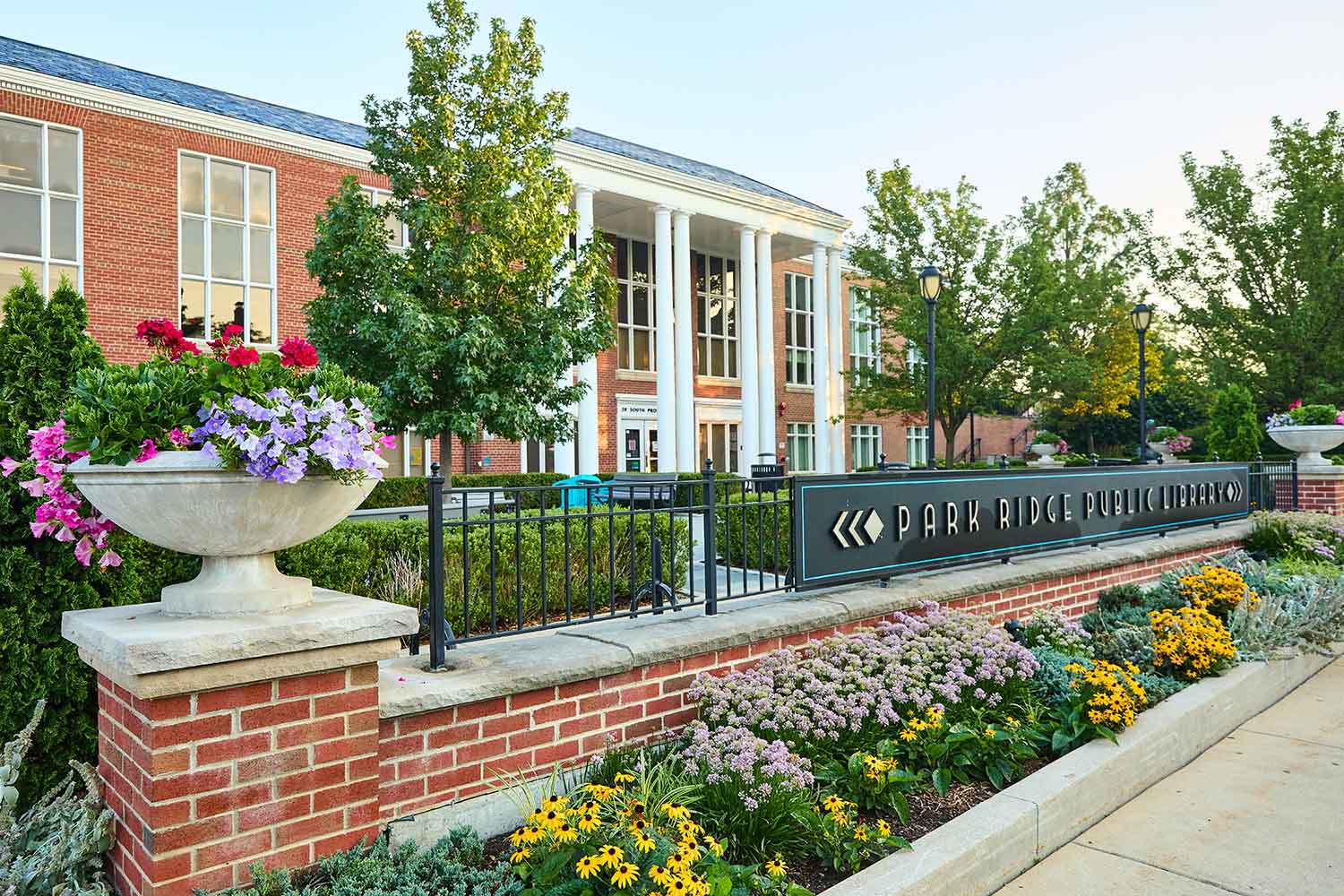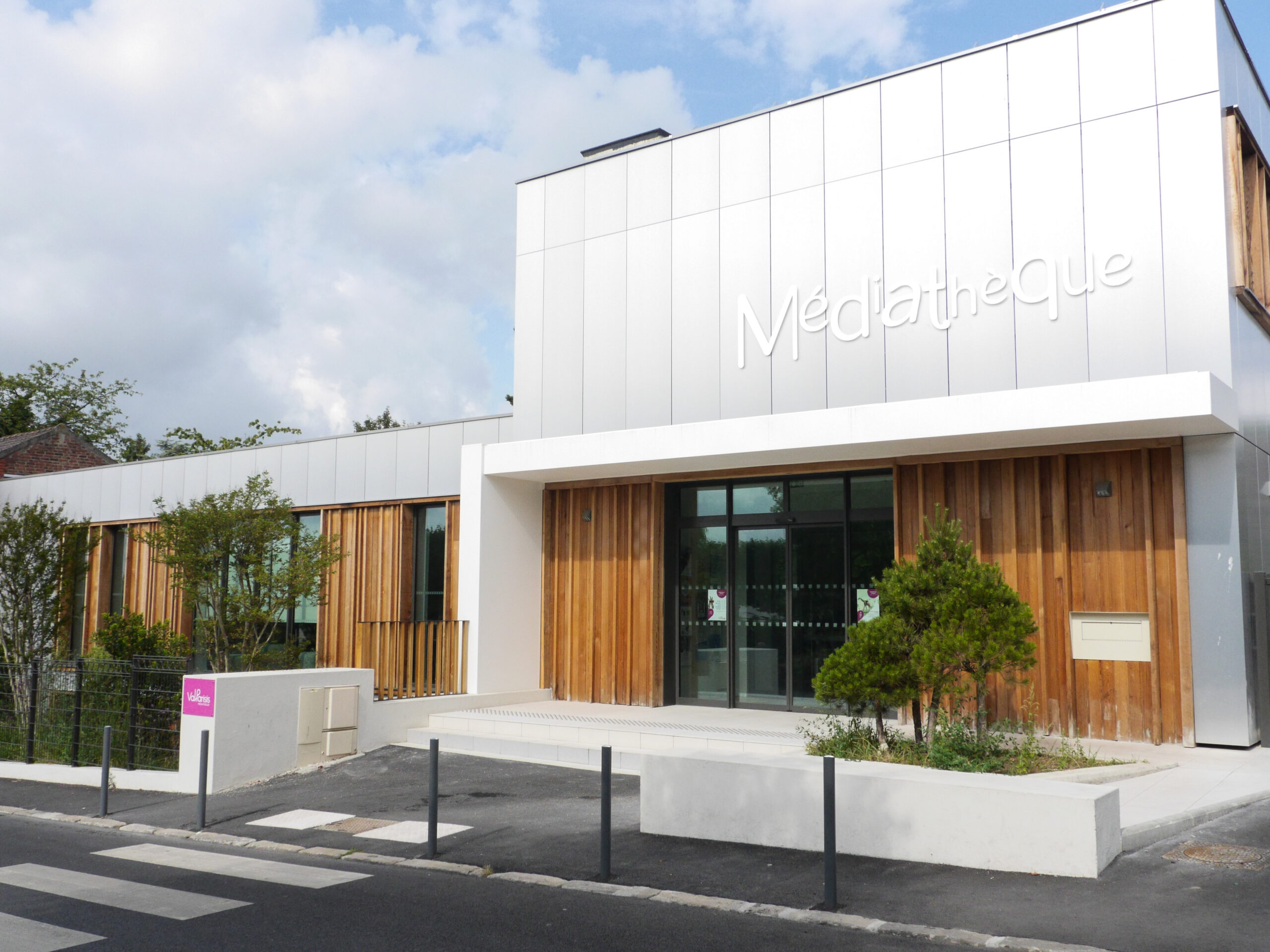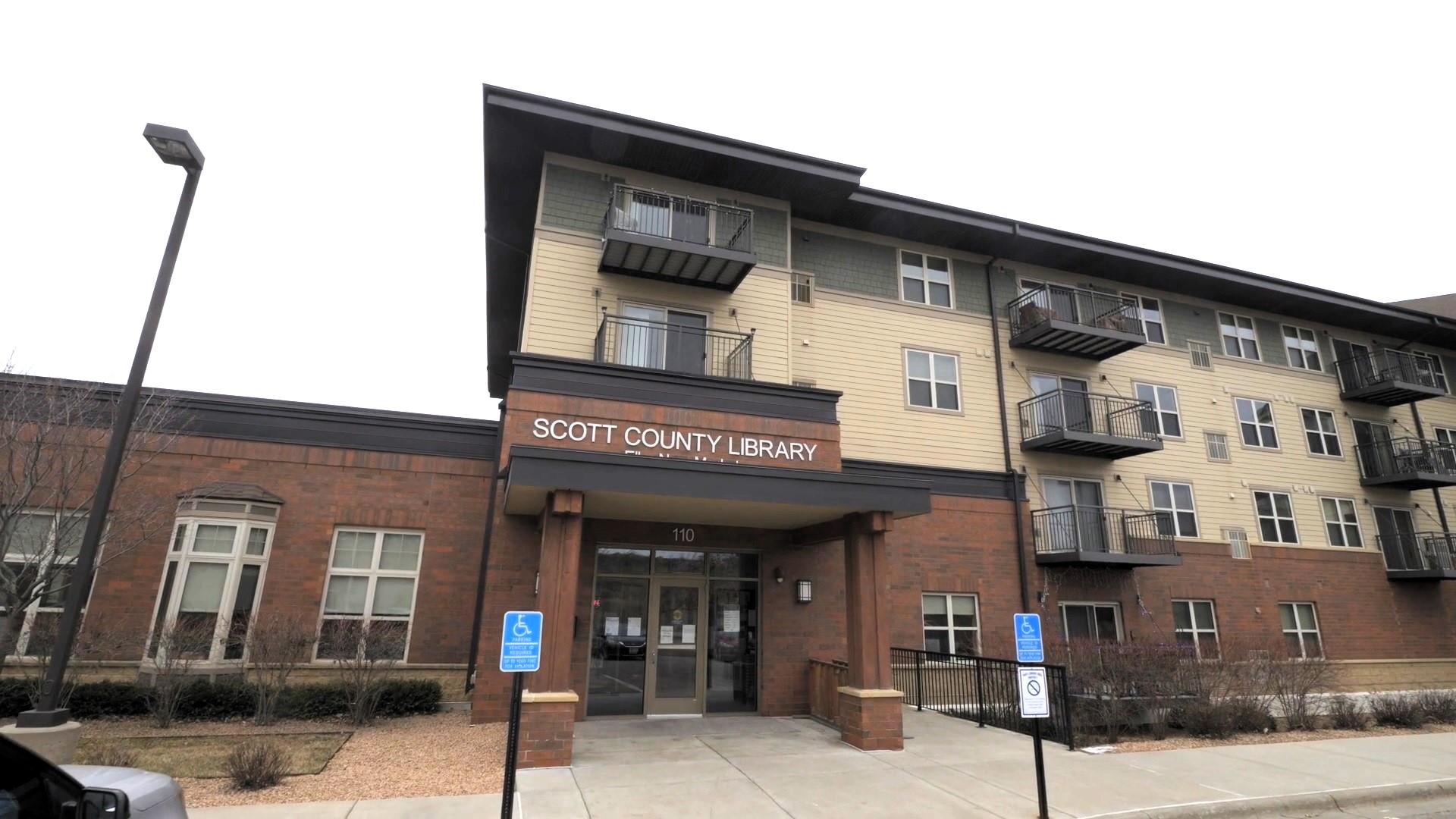Challenge
Solution
Result
When the Fayetteville Public Library was built in 2004, it garnered attention not only from the local community but from the library community at large. Awarded a special mention by Library Journal in 2004, Fayetteville went on to win distinction as Library of the Year in 2005. In the years since, the city of Fayetteville, Arkansas, has drawn praise of its own and was recently named the fourth best place to live in the United States in the 2021 U.S. News Best Places To Live Rankings.
Fayetteville’s 96,500 residents are served by just one library, but what a library it is. Despite the global pandemic, in January 2021, Fayetteville Public Library completed a 100,000 sq. ft. expansion, creating a stunning 190K sq. ft. facility. The library serves as an anchor for Fayetteville’s Arts Corridor – an ongoing city project which links several arts organizations via a walkable path called The Ramble.
The library’s expansion was funded through public and private partnerships under the aptly named Beyond Words campaign. The new space includes a preschool library, a grade school library, and a teen area, complete with an increased collection. The new library facilities also include a teaching kitchen, a 700-person event space, and a Center for Innovation, which offers an audio recording studio, video production studio, photography studio, VR studio, makers’ space, and simulation lab.
A longtime customer, Fayetteville turned again to Bibliotheca to provide the technology needed to ensure their library experience delivered on the promises of their modern new building.
Meeting patrons where they are
While the original library building offered one primary entrance, the expansion includes seven distinct entry and exit points located in key sections of the library. Each entrance is outfitted with Bibliotheca RFID gates and a selfCheck 1000, so patrons can easily borrow the materials they need and be on their way.
“One of the things that really drew us to Bibliotheca was not just the speed and accuracy of the selfChecks, but also the user interface. It’s very pleasing to the eye and intuitive. Anyone who’s used a smartphone can figure out how to use the selfCheck,” says Chris Moody, Director of IT/AV and Innovation. “The selfCheck 1000 looks great, functions well, and offers a lot of opportunity for adding our own marketing, which is very appealing to our marketing team.”
The quickConnect software that powers the selfCheck allows libraries to promote services and even lend digital titles right at checkout. When paired with uniFi+, Bibliotheca’s library communication solution, idle selfChecks also act as digital billboards broadcasting important information throughout the entire library.
To make library visits even more convenient, Fayetteville offers cash and coin and credit card payments at each selfCheck kiosk.
“A lot of people feel embarrassed about late fees, thinking, ‘I kept a library book too long, I’m a bad person. I’m in trouble,’ When honestly, librarians have more fines and fees than anyone – we just love books,” says Moody. “Having a remote pay option so patrons don’t have to feel awkward talking to someone at a desk is really convenient.”
Convenient access for all
Of course, self-service is only convenient if it’s available when patrons need it. Many third-shift workers and university students are unable to visit the library during traditional open hours.
“The thing our patrons want most is the most expensive thing of all – more hours,” says Moody. “We’re open 64 hours a week. Adding more hours in a traditional model is cost prohibitive.”
Even so, the library is committed to providing free and public access to knowledge and opportunities for all. To extend access to the new facility’s extensive services to everyone in the community, Fayetteville is implementing open+ access.
open+ access is a comprehensive technological solution that allows libraries to provide access to materials and spaces during unstaffed hours.
“open+ will handle so many of the requests for the 3rd shift workers who want to pick up their holds,” says Moody. “We also have nursing students who come to study in our study rooms every night and are frustrated when we must close. open+ will allow them to stay.”
Although the open library concept is common in Europe, where open+ is used at more than 850 libraries, it is still a relatively new idea in the United States. Fayetteville plans to begin slowly – offering extended morning and evening hours seven days a week. The library has installed holds-pickup remoteLockers in the lobby of the original building, which provides access to a coffee shop, selfCheck kiosks, and public PCs.
“We will begin by using open+ in that area,” says Moody. “We’ll have extended hours in the first phase, and once we realize that people aren’t coming in and going crazy, I’d like to open it up 24/7.”
Partnering for the future
Fayetteville is a big library with bold ambitions. In 2017, when planning their expansion, they set out to “blow the lid off library land.” They have succeeded. Never satisfied with the status quo, the library is in the midst of major changes. They’ve recently switched ILS, changed their website platform, and moved to Microsoft 365 – all while opening the newly expanded library. With so much change, it’s essential they have a technology partner they can depend on.
“It’s great to have Bibliotheca as a resource when we need someone to call,” says Moody. “The team is very responsive, and we never have a lot of open tickets. The tech just works the way it’s supposed to, and that’s great for me.”
You may also like
Insights + Trends

Park Ridge Public Library: Improving the Patron Experience with RFID Technology
RFID technology has positively impacted Park Ridge Public Library—from streamlining checkout processes to adding new programs.

Val Parisis Media Library: A Metamorphosis with open+
Explore how Bibliotheca’s open+ technology is transforming library services in the Val Parisis area in France by extending operational hours and enhancing accessibility without additional staff.

Scott County Library: Transforming access with open+
Boosting Access: Scott County Libraries Extend Hours and Services for Community


